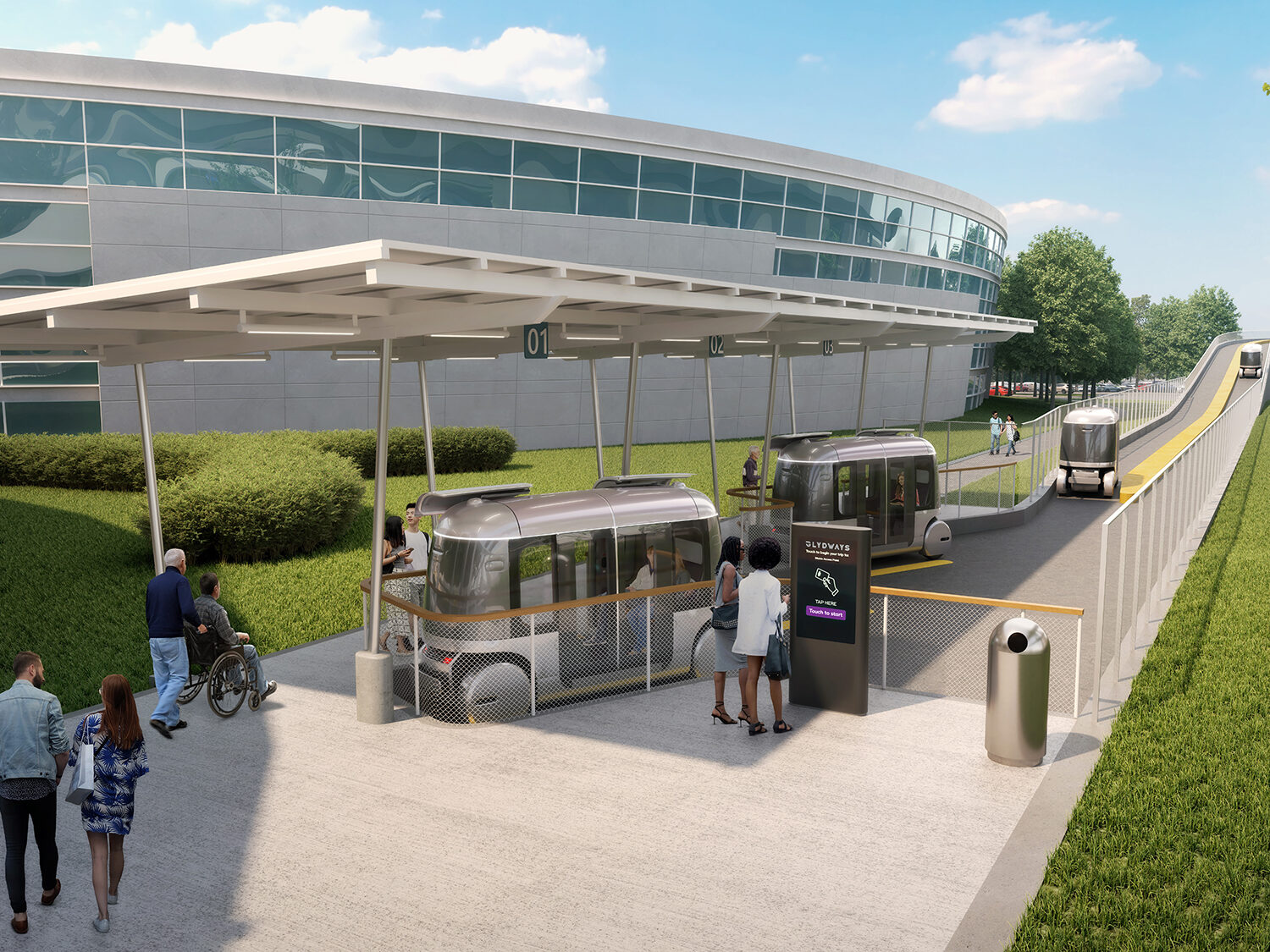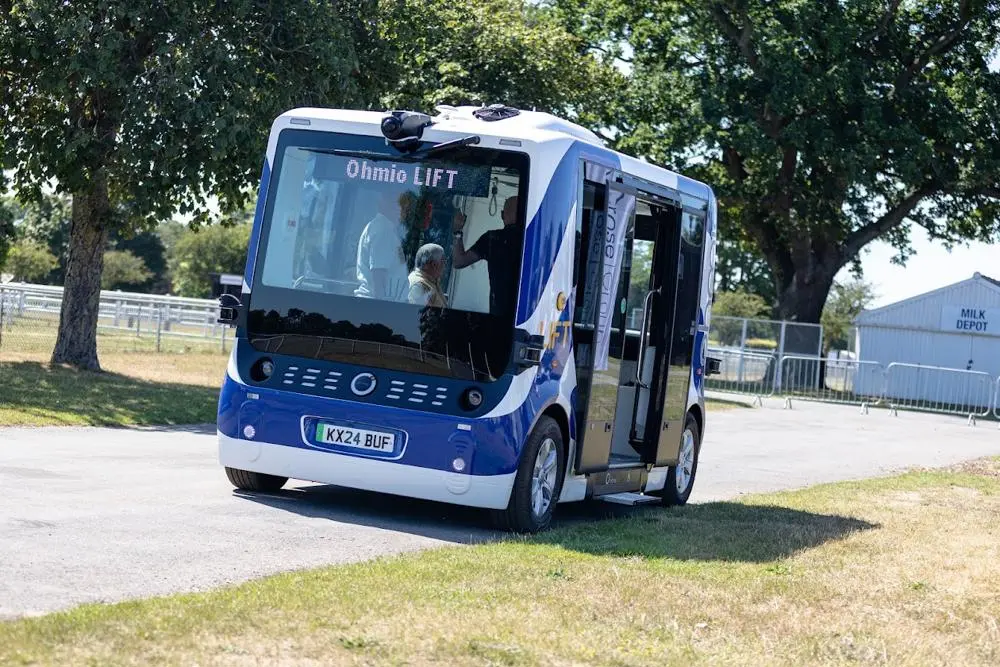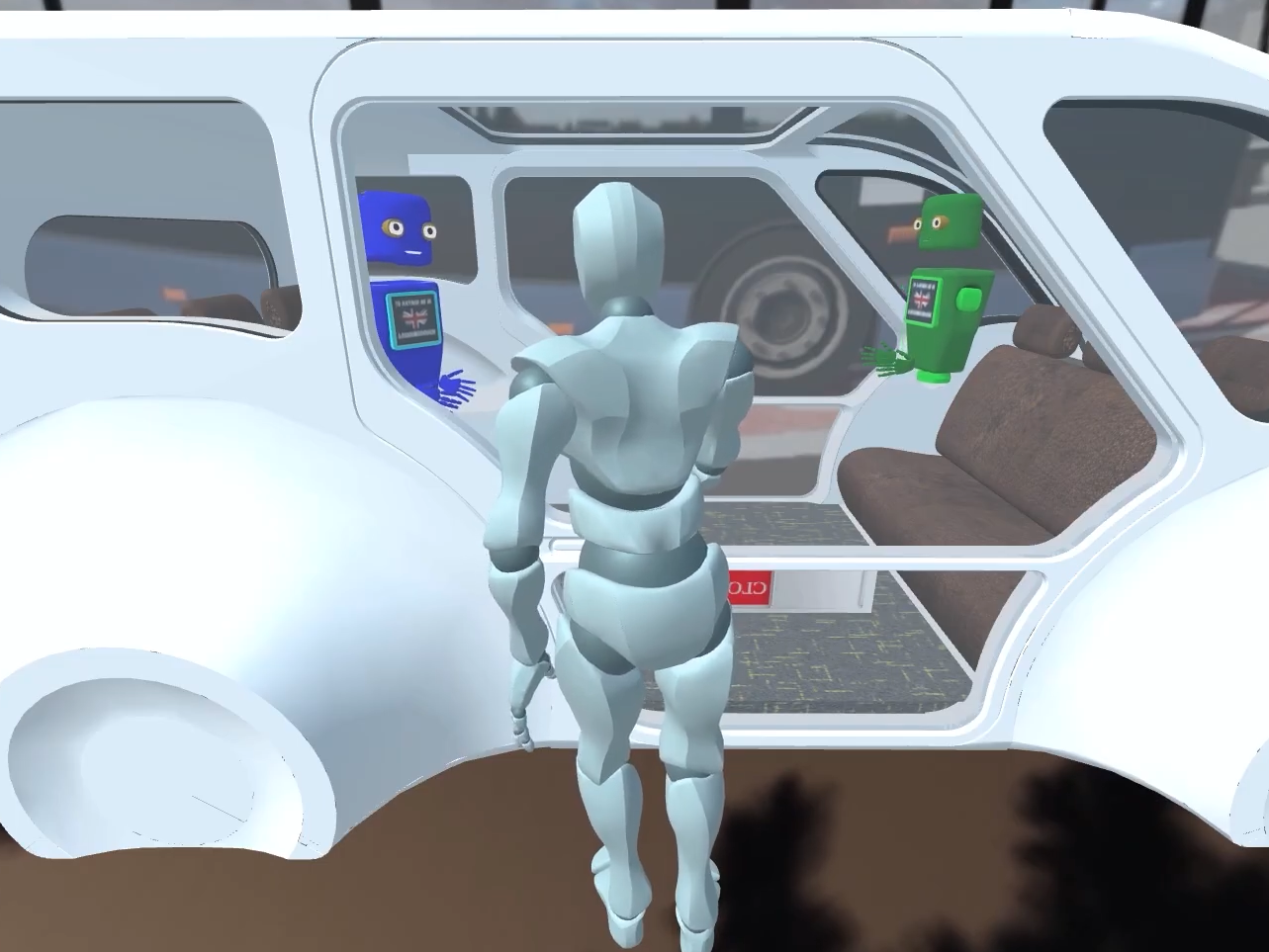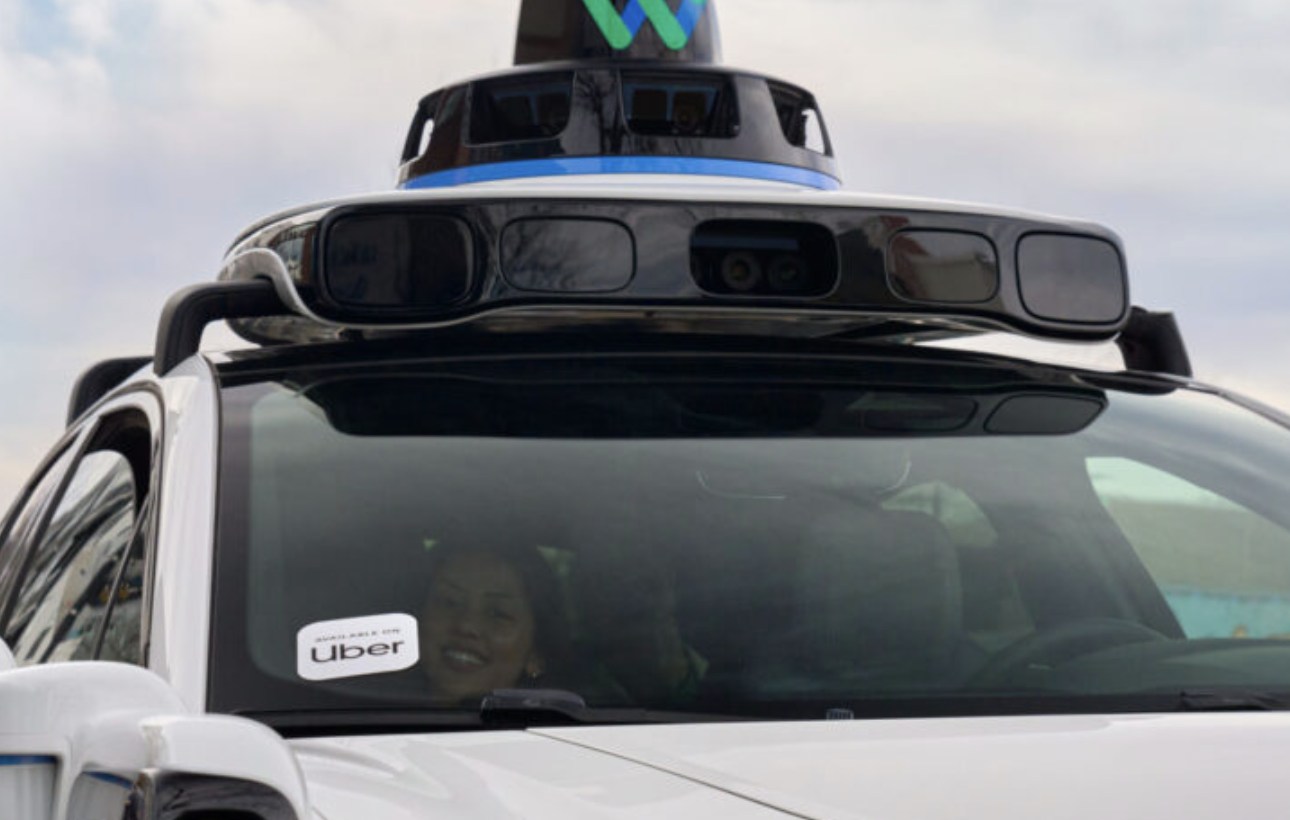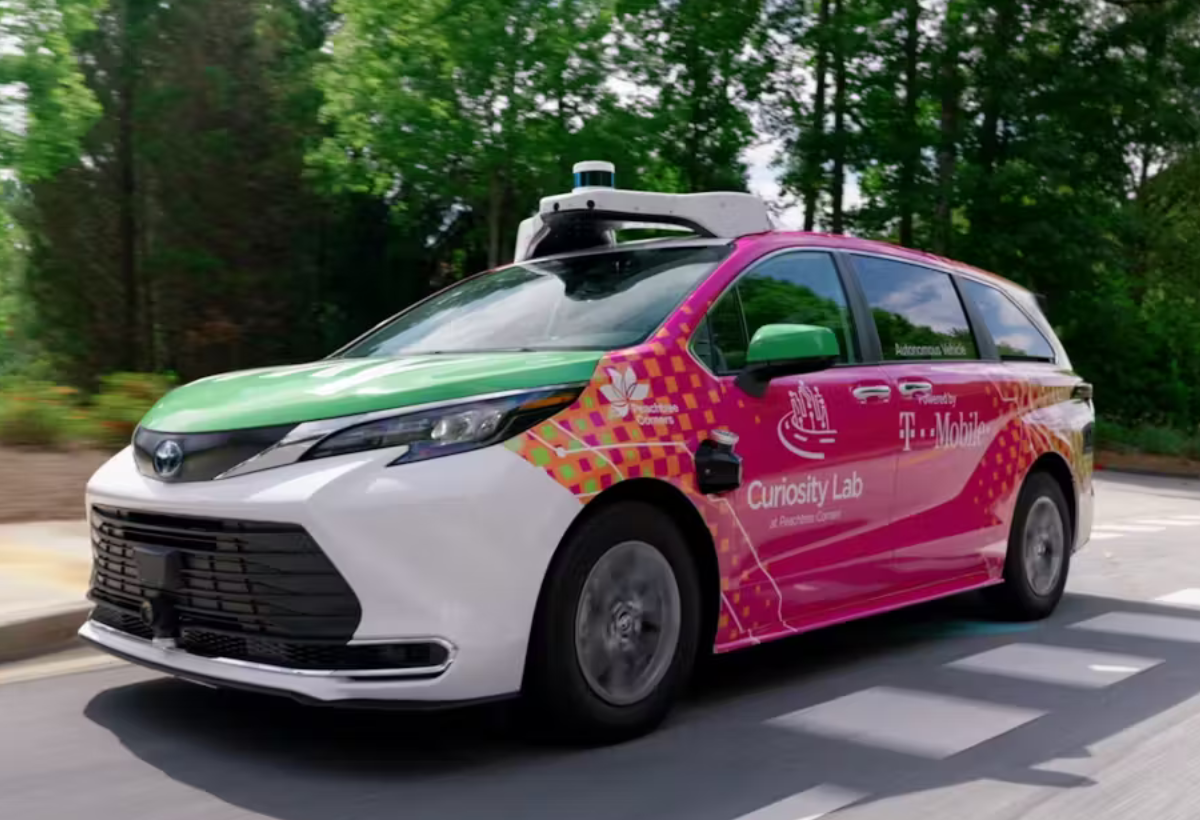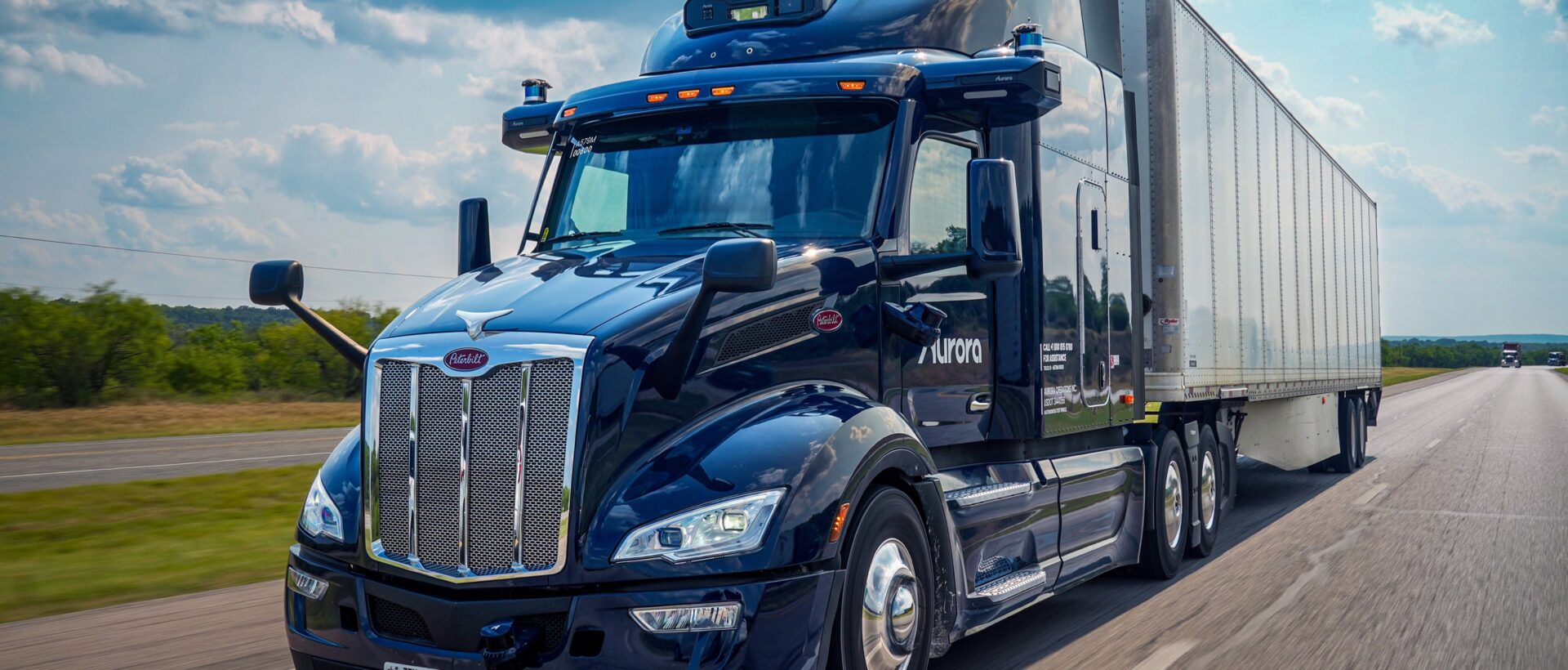Renault Group, in collaboration with its partner WeRide, is actively expanding autonomous vehicle trials across Europe.
With an emphasis on public transportation, these trials aim to demonstrate the technological maturity of automated solutions and their practical benefits in urban, suburban, and controlled environments.
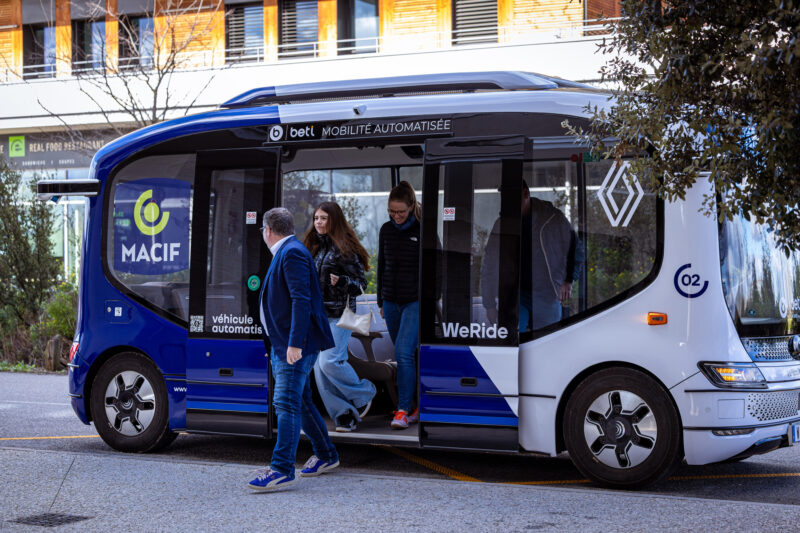
European Trials
Roland-Garros Open-Road Experimentation
In May 2024, Renault Group and WeRide launched their first European open-road autonomous vehicle trial during the Roland-Garros tennis tournament. Two autonomous electric miniBuses covered 1,000 km and transported nearly 700 passengers.
The trial provided insights into the feasibility of autonomous passenger transport, confirming the reliability of the technology and its potential role in public mobility.
Barcelona, Spain: Urban Public Transport Trials
From 10 to 14 March 2025, Renault Group and WeRide deployed two autonomous electric miniBuses on a 2.2-kilometre open-road loop in central Barcelona.
The trial, held in a dense urban setting, aimed to assess the effectiveness of autonomous shuttles in complex traffic conditions.
The initiative reflects Renault Group’s vision for future urban mobility: making cities more liveable through accessible, efficient, and low-emission transport solutions.
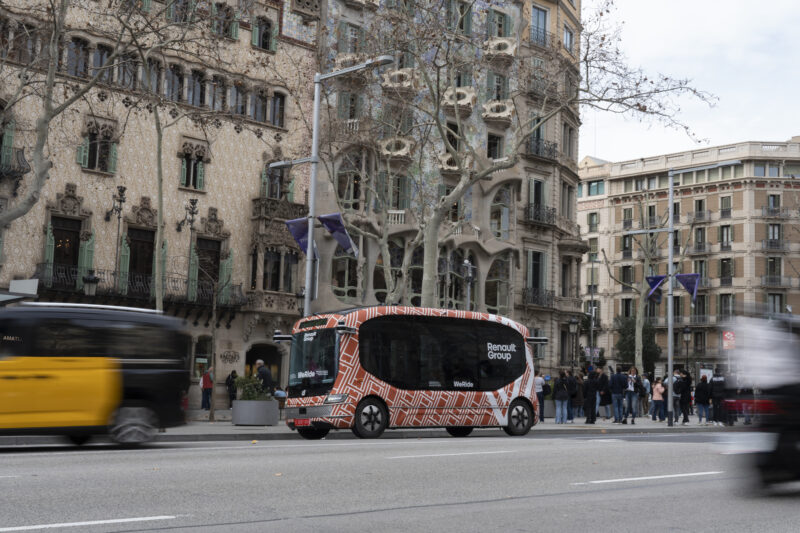
Valence, France: Peri-Urban Connectivity
Between 10 March and 19 April 2025, Renault Group is conducting an autonomous vehicle trial in Valence, with the goal of launching a commercial Level 4 autonomous shuttle service by July 2025.
The project involves key stakeholders, including beti (a public transport operator), insurer Macif, and WeRide.
The shuttles operate on a 3.3-kilometre route connecting Valence TGV station with a 162-hectare business park. The initiative aims to enhance mobility for employees of the 150 companies within the area, supporting greater accessibility to transport hubs and services.
Zurich Airport, Switzerland: High-Security Environment
Since January 2025, WeRide has been testing autonomous shuttles at Zurich Airport. This initiative focuses on facilitating staff transport between terminals, demonstrating the ability of autonomous systems to function within high-security, controlled environments.
The project is designed to meet stringent safety and reliability standards, reflecting the potential for broader airport applications.
Renault Group’s Autonomous Vehicle Strategy
Renault Group’s approach to autonomous mobility distinguishes between private and public transportation needs.
For individual vehicles, Renault Group prioritises Advanced Driver Assistance Systems (ADAS) at Level 2 and Level 2+ autonomy, such as Adaptive Cruise Control and Lane Keeping Systems. These features enhance safety and driving comfort while keeping the driver in control. Future advancements in higher-level automation will be considered based on regulatory developments and cost factors.
For public transportation, the company sees immediate opportunities for Level 4 autonomy. These vehicles operate independently within designated operational domains and are remotely supervised without onboard operators. Renault Group anticipates growing demand for autonomous electric miniBuses as cities implement low-emission zones and reconfigure public transport networks. The company estimates that several thousand autonomous miniBuses may be required in the coming decade.
Renault Group is preparing for the long-term integration of autonomous mobility solutions. The company aims to introduce a robotised electric miniBus platform by 2030, allowing for integration with automation technologies from specialist partners.
By pursuing autonomous vehicle innovation, Renault Group seeks to support sustainable, efficient and accessible mobility solutions across Europe.



